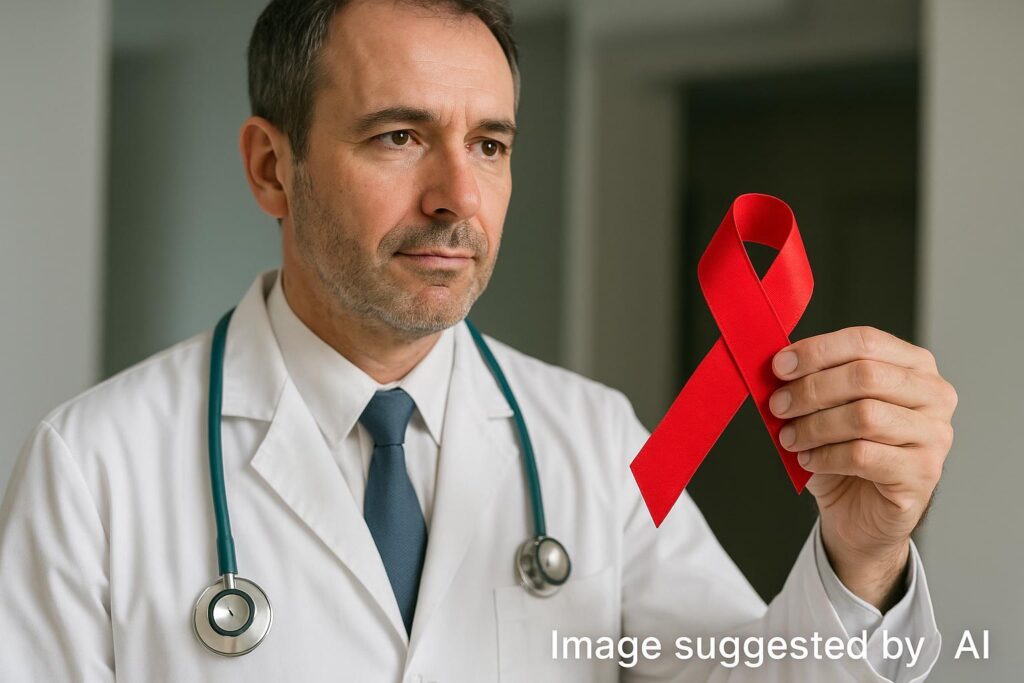A Quiet Diagnosis, A Loud Resolve
Marie*, 49, first learned she was HIV-positive in 2009 at a Brazzaville mobile clinic. The news shocked her, yet she quickly chose resilience. “I will not surrender; my children need me,” she recalls, voice steady after years of counselling support.
Shifting Donor Winds and Local Realities
For sixteen years she has adhered to antiretroviral therapy supplied through the national programme and partners such as PEPFAR. Recent announcements of reduced external envelopes, however, stirred anxiety in waiting rooms across the country.
Health economists note that Congo still depends on donors for roughly half of its HIV budget (UNAIDS 2023). Dollar fluctuations and shifting global priorities can interrupt drug shipments or community outreach if contingency plans are absent.
Government Steps Up to Protect Gains
Brazzaville’s authorities say those plans are now in motion. “No patient will miss medication because a cheque is delayed,” assured Dr. Mireille Yoka, Director of the National HIV Control Programme, citing emergency procurement lines and an expanded domestic health levy.
Parliament recently voted an extra 4 billion CFA francs to cushion essential drugs, while the Ministry of Finance negotiated bridge financing with Afreximbank. Observers call the move pragmatic and timely amid heightened fiscal pressures elsewhere on the continent.
Clinics, Communities, and the Supply Chain
Still, rural posts feel the pinch first. In Sangha, nurse Patrice Mouamba says monthly deliveries now arrive after ten weeks. Patients pool transport money to fetch supplies from the district hub, a practice he worries may erode adherence over time.
Civil-society groups counter the bottlenecks with door-to-door tracing, peer clubs and urban radio shows that demystify treatment. “Information is another drug,” argues activist Clarisse Mboko, urging continued investment in community health workers.
Vision 2030: Staying on Track
Congo aligns with the UNAIDS 95-95-95 pathway for 2030. Latest ministry data show 91% of known positives on therapy and 87% virally suppressed. Officials believe the gap can close through decentralized labs and digital stock dashboards launching this year.
Back in Brazzaville, Marie*s message remains upbeat. “Live responsibly; take the pills; dream big,” she tells newcomers at weekly support circles. Her words, like the programme sustaining her, typify a fight adjusting to new economics without losing momentum.


